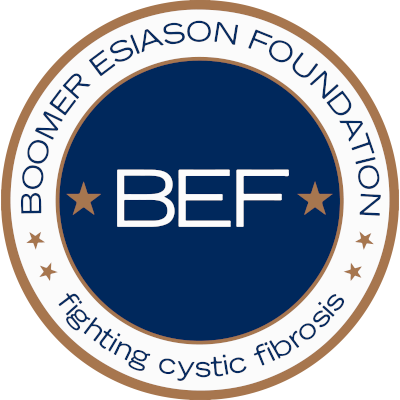Inspire Pharmaceuticals, Inc. announced today the top-line results from its second Phase 3 clinical trial, TIGER-2, with denufosol tetrasodium for the treatment of cystic fibrosis.
The trial did not achieve statistical significance for its primary efficacy endpoint, which was change from baseline in FEV1 (Forced Expiratory Volume in One Second) at the Week 48 Endpoint (48 weeks or last observation carried forward). Patients receiving denufosol in the 466-patient, double-blind, placebo-controlled clinical trial had an improvement of 40 mL, compared to 32 mL for the patients receiving placebo (p=0.742).
Adrian Adams, President and CEO of Inspire, stated, “These TIGER-2 results were disappointing and unexpected given the treatment effect observed in the TIGER-1 trial. We will conduct a thorough analysis of the data to fully understand the results from this trial and the impact on any future development of denufosol and on the Company going forward. We expect to provide a detailed corporate update by mid-February. Meanwhile, we will continue to focus on our ophthalmology business.”
Charles A. Johnson, M.D., Executive Vice President of Research and Development and Chief Medical Officer, stated, “We believe that the TIGER-2 trial was designed and executed appropriately and was sufficient to provide data on the efficacy of denufosol at 48 weeks. The analysis of the primary endpoint, key secondary endpoints and select subgroup populations in TIGER-2 indicates an absence of meaningful treatment benefit in this patient population. We want to thank the investigators, cystic fibrosis patients and caregivers for their involvement in this trial.”
Additional TIGER-2 Data
For the 466 patients randomized in TIGER-2, the treatment groups were balanced with respect to demographic and background characteristics: the mean age was 15.1 years, the mean lung function was 89.7% of the predicted normal value of FEV1 and the use of concomitant medications including inhaled antibiotics, dornase alfa (PULMOZYME(R)), and oral macrolide antibiotics was similar between the treatment groups. Patients were enrolled in the U.S. (82%), Australia and New Zealand (11%) and Canada (6%).
There were no statistically significant differences between denufosol and placebo for three key secondary endpoints, which were:
- Rate of change in percent predicted FEV1 over 48 weeks, a measure of lung function adjusted for a patient’s predicted normal based on height, weight and gender (-2.30% for denufosol and -3.02% for placebo; p=0.410);
- Change from baseline in FEF25%-75% (Forced Expiratory Flow) at the Week 48 Endpoint, a measure of small airways function (-0.034 L/sec for denufosol, -0.018 L/sec for placebo; p=0.728); and
- Time to first pulmonary exacerbation, as defined by treatment with I.V. antibiotics for at least one respiratory sign or symptom (p=0.132).
Patient retention rates were similar between treatment groups with approximately 82% completing the trial (82% for denufosol, 83% for placebo). Six percent of patients in both g roups withdrew from the trial due to adverse events (AEs). The most common AE was cough, which was similar in both treatment arms. The incidence of AEs and serious adverse events in the denufosol group was comparable to the placebo group. The incidence of pulmonary exacerbations, as defined by treatment with I.V. antibiotics for at least one respiratory sign or symptom, was similar in both treatment arms (21% for denufosol, 26% for placebo).
Update on DEFY Open-Label Trial
Patients that completed the TIGER-2 trial were eligible to enroll in a separate three-year open-label trial of denufosol called DEFY. Based on the lack of meaningful benefit observed in TIGER-2, Inspire will be recommending that patients in the DEFY trial discontinue treatment with denufosol. Inspire will be communicating with participating clinical trial sites on the next steps for the DEFY trial in the near future.
About the Denufosol Tetrasodium Clinical Program
TIGER-1, the first Phase 3 trial with denufosol for the treatment of CF, included a 24-week placebo-controlled portion, followed by a 24-week open-label safety extension. The placebo-controlled portion was a double-blind, randomized trial comparing 60 mg of denufosol to placebo, administered three times daily by jet nebulizer, in 352 patients with mild cystic fibrosis lung disease (baseline FEV1 greater-than or equal to 75% of predicted normal).
TIGER-2, the second Phase 3 clinical trial with denufosol for the treatment of CF, was a 48-week, placebo-controlled, double-blind, randomized trial comparing 60 mg of denufosol to placebo, administered three times daily by jet nebulizer in 466 patients with mild cystic fibrosis lung disease (baseline FEV1 greater-than or equal to 75% and less-than or equal to 110% of predicted normal).
Source: Inspire Pharmaceuticals Inc.
